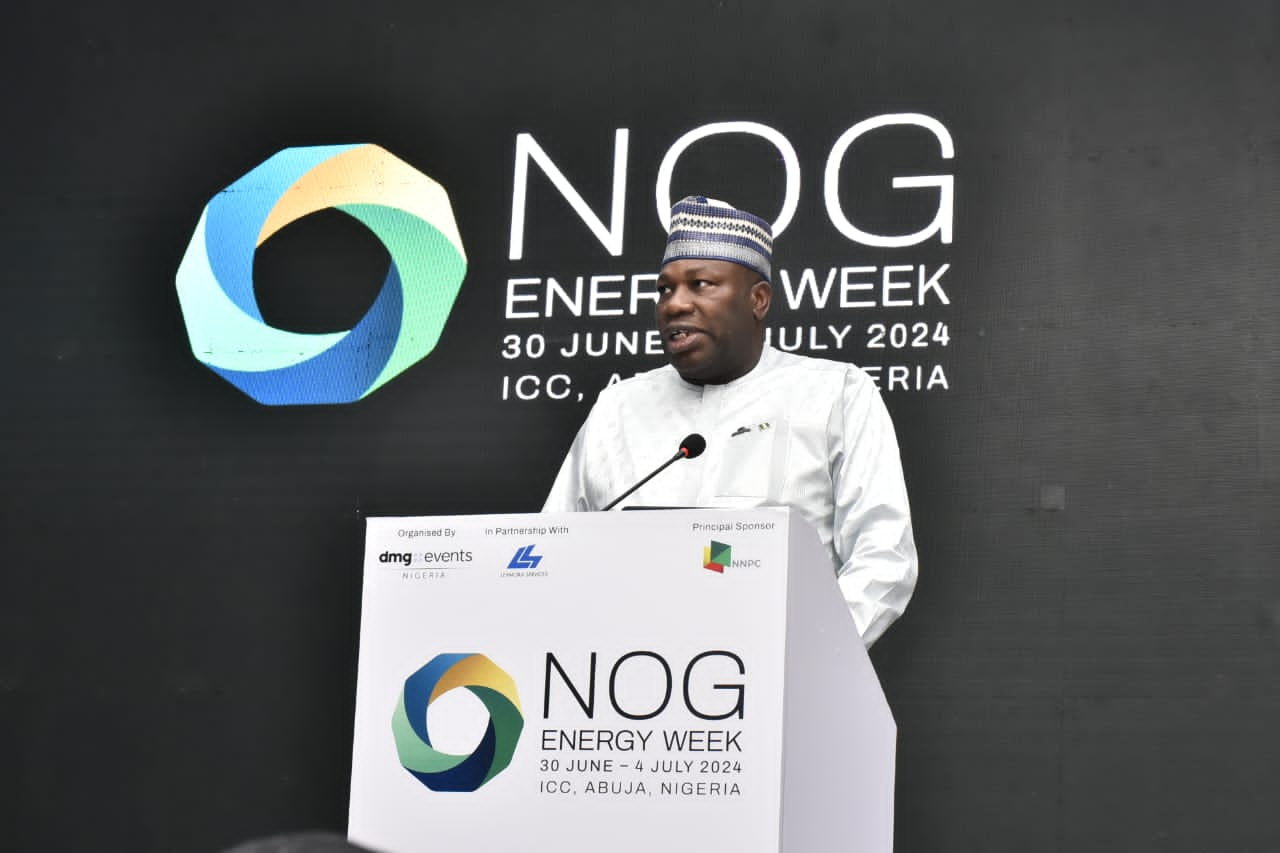
By Miriam Humbe
The Permanent Secretary, Ministry of Petroleum Resources, Amb. Nicholas Agbo Ella has advocated for more stakeholders’ engagement and collaboration for the success of the energy sector in Nigeria.
He made the call in his closing remarks at the 2024 NOG Energy Week Strategic Conference held on Wednesday, 3rd July, 2024, in Abuja.
Oluwakemi Ogunmakinwa, the Deputy Director, Press and Public Relations in the Ministry of Petroleum Resources revealed this in a statement.
The Permanent Secretary said these collaborations were essential for driving innovation, addressing challenges, and achieving the country’s energy objectives.
Ella said: “We must continue to foster strong partnerships between the government, private sector, academia, and civil society”.
He acknowledged that the global energy landscape was undergoing a transformative shift towards sustainable and renewable energy sources,
Ella said: “For Nigeria, this transition presents both opportunities and challenges. We must embrace renewable energy while ensuring that our oil and gas resources are utilized efficiently and responsibly”
On the craving for more investments in the energy sector, Amb. Ella emphasized the need to create an enabling environment characterized by transparent policies, regulatory certainty, and fiscal incentives as key ingredients to attracting and sustaining such investments.
The Permanent Secretary added that the Nigerian government was committed to fostering public-private partnerships and ensuring that the investment climate is conducive to both local and international investors.
He therefore stressed the need to remain steadfast in the commitment to environmental sustainability.
He said: “As we pursue economic growth and energy security.
Climate change poses a significant threat to our planet, and it is our collective responsibility to mitigate its impact. Nigeria’s energy strategy must align with global efforts to reduce carbon emissions and promote sustainable practices.
“This includes investing in clean energy technologies and adopting stringent environmental regulations.
“The future of Nigeria’s energy sector depends on the skills and expertise of our workforce. As we transition to a more diversified energy portfolio, it is imperative to invest in capacity building and human capital development”.
The Permanent Secretary underlined the need to prioritize education and training programs, which he said would “equip our young professionals with the skills required to drive innovation and maintain our competitive edge in the global energy market”.


